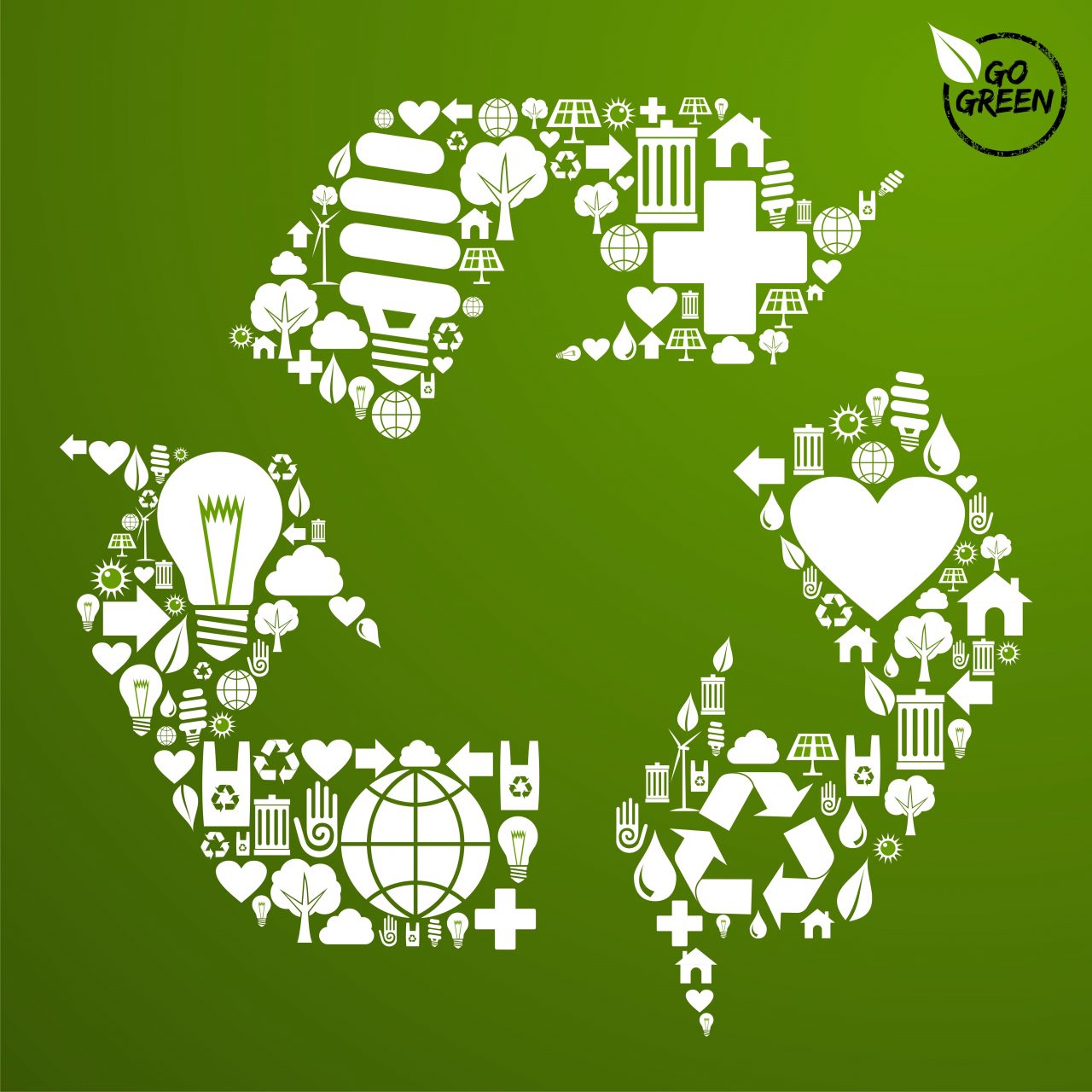What Does It Mean to Go Green?
The Earth has been around for billions of years, and we as human beings have only lived on it for a sliver of that time. But in our brief existence, we have managed to build up some pretty impressive cultures, philosophies, and technologies. Because of our rapid growth and expansion, the Earth is changing—and not
The Earth has been around for billions of years, and we as human beings have only lived on it for a sliver of that time. But in our brief existence, we have managed to build up some pretty impressive cultures, philosophies, and technologies. Because of our rapid growth and expansion, the Earth is changing—and not necessarily for the better. Human beings need to be more aware of our presence in the world, and what that presence does, for good and bad, to other species on the planet, not to mention our own progeny.
You may have heard of the phrase “going green”. What exactly does it mean? Over the past few years, the color green has come to be associated with activities and products that are good for the planet—good for the environment. “What kinds of activities?”, you may ask. Recycling, for one. Being responsible with natural resources, for another. When we choose to go green, we’re working to keep the Earth and its assets intact for ourselves as well as for future generations.
Developers of new technology—from computers to food science to transportation—are much more aware of the environment today than ever, and they have to be. Many companies are switching to manufacturing processes that rely on electricity rather than fossil fuels, and using materials reclaimed and recycled from consumer waste. Offices keep digital copies of files, stored on hard drives or on the cloud, to avoid unnecessary stacks of paper.
Individuals can make a difference by choosing to go green as well. Recycle aluminum, plastics, and paper in your home. Think before you trash! Call your city and ask about recycling services. In some states, there are scheduled pick-ups for recycling; in some smaller communities, you can take your recycling to a neighborhood sorting facility, or sometimes even a school. Choosing to do little things like taking a shorter shower or choosing to purchase cleaning supplies made of natural ingredients rather than destructive chemicals—or even making your own cleaning supplies!—can make a significant difference.
Even complex electronics like your smartphone, HD television, or computer can be recycled. When it’s time to get a new one, don’t just throw the old one in the dumpster. All that metal and plastic will just sit in a landfill, and chemicals can seep out and pollute the soil. Often you can return electronics to their manufacturer or to an electronics store to be recycled. Don’t hesitate to ask what services are available in your area.
As with any good practice, going green requires getting in the habit and being consistent. Just think about it: besides being great fun, garage sales and thrift stores are a great form of recycling. Can you think of other ways that you “go green”?

 Member Connect
Member Connect